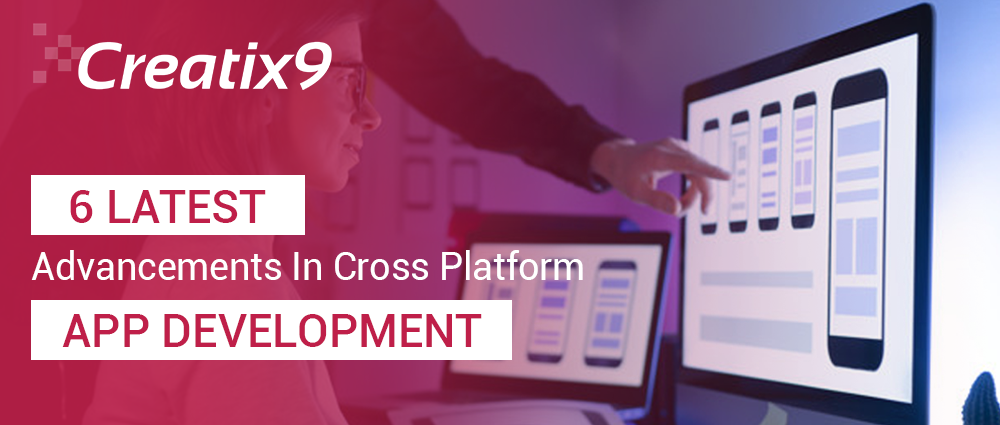
As the mobile technology is pacing ahead with time, there have been tremendous progress is happening around in the field of mobile apps. Every day a new app comes up in the market with excellent features and functionalities for customers.
There is a tough competition between the two app manufacturing giants namely Google Android and Apple IOS. Some other companies also launch their apps in the market such as Microsoft Windows App, Blackberry, and Symbian.
IOT application development is now a new rising technology trend among companies in the world. There are millions of apps installed and downloaded from Play Store and Apple Store. Native apps are the basic form of built-in mobile apps designed for smartphones. Hybrid apps are the mix of native and web applications and built for users that are interested in web and mobile platforms.
The cross browser platform app development has completely revolutionized the way of building and marketing applications in the world. It is an ideal platform for all devices and fit on multiple screen sizes such as smartphones and tablets. Cross platform development eliminates the browser compatibility issues. It can be run on any browser of the world such as Chrome, Firefox, Internet Explorer, Safari, and Opera.
Here are the six latest advancements in Cross Platform App Development:
React Native
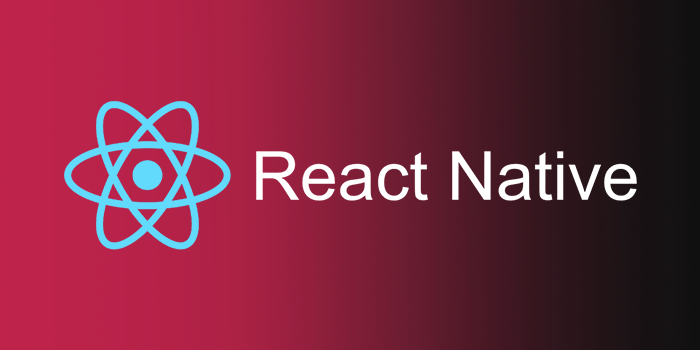
It is a popular choice for users and developers all around the world. Introduced by Facebook in March 2015, react native has become a rapidly grown mobile application platform. It uses the powerful programming languages of Objective C, C++, Java, JavaScript, Python, and Swift. These languages provide immense back-end support for the smartphone development application framework.
React Native uses open-source JavaScript library code to build native and cross-browser platform apps that run on all the major devices. It is an excellent option for small and large-sized businesses to develop budget-friendly applications. The reason for popularity among developers is the same code base that can be shared and modified on different platforms according to business requirements.
Flutter

It a free of cost and open-source cross browser platform android framework introduced by Google in May 2017. Flutter is a contemporary framework app that gives you complete liberty of developing easy to use smartphone applications based on a single code. One feature makes it distinct and prominent among the mobile app development industry is using dart programming language. Due to similarity in code syntax with JavaScript, Java, C-sharp, and swift, you can build rich cross platform apps for android and IOS. It works with a single object model widget for style, and structure design for responsive user interface layout.
Xamarin

It is launched by Microsoft Visual Studio and based on a single Dot Net code for windows, android, and iOS applications. Xamarin is a cross-platform app framework that uses C-sharp programming language. It is mainly categorized into two components such as Xamarin Platform and Forms.
This framework provides application program interface (API) for IOS and android. It shares authentic code for creating logical and appealing UI application among all platforms. Xamarin have an ease of access to native and third-party application program interfaces to enhance the hardware and software functionality of smartphones. It creates the superlative quality of mobile apps as compared to native applications to execute real-time data for users.
Phone Gap
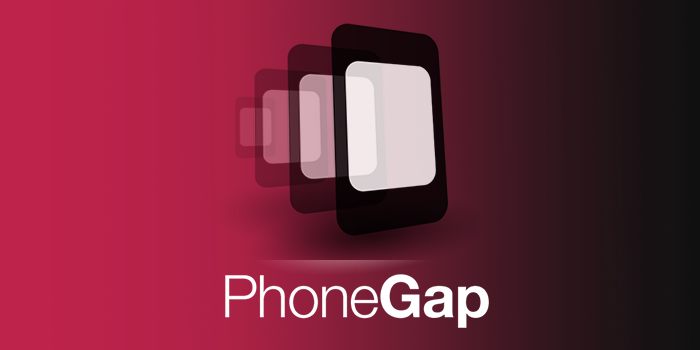
It is a marvelous framework launched by Nitobi and acquired by Adobe in 2011. Phone Gap is a cross platform mobile application development framework made of basic development tools of Html5, CSS3, and JavaScript. It delivers cloud-based solutions and shares it to developers to build collaborative apps with device features of contact log book, camera, and GPS.
IONIC
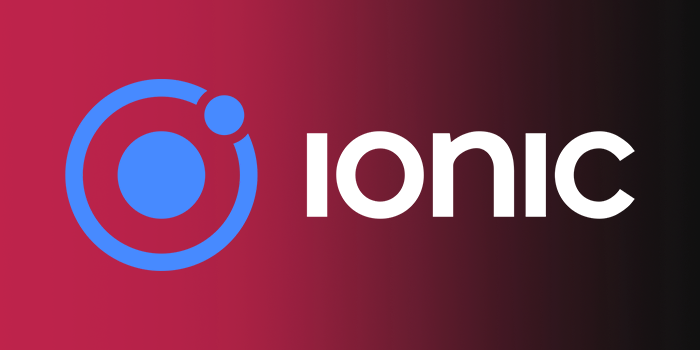
Ionic is an outstanding mobile application development framework for creating cross-browser platform and hybrid apps. It uses JavaScript to build and distribute a single code base for multiple devices and screen sizes.
Ionic is an open-source and free to use framework that builds a user-friendly UI and produces high-end applications for iOS, android, and windows. It combines with Html5, CSS3, Cordova wrapper, JavaScript, and Angular JS to create impressive user-interface design applications.
Node.js
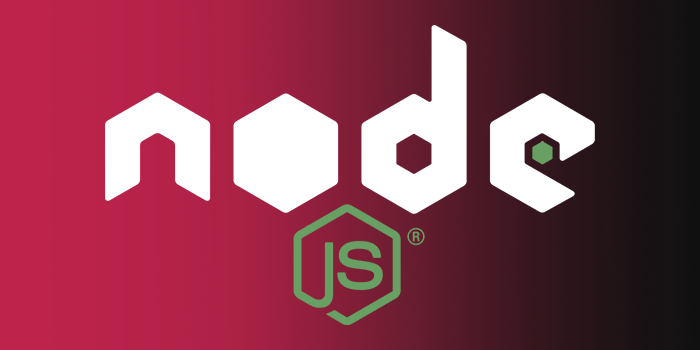
Node.js is a phenomenal framework for mobile app development. It uses a powerful V8 chrome JavaScript engine to build dynamic and responsive smartphone applications. Node.js is built with a toolkit library for iOS and android apps. It combines with native and Cordova plugins for robust cross platform app development. The v8 engine is ideal for compiling and interpreting fast server runtime and converts JavaScript machine language code into an all-purpose programming language.
Conclusion
Hence, in a nutshell, these above-mentioned are the current advancements in the field of cross platform app development. The benefit of using a single code for all devices makes them popular among developers to save time and effort. These cross-browser platform frameworks are ideal for increasing the reach of millions of customers around the world. Businesses utilize these tools for creating augmented reality applications that add animations to increase the visual effects.
Also Read: Advantages Of Cross Mobile App Development For Your Business

